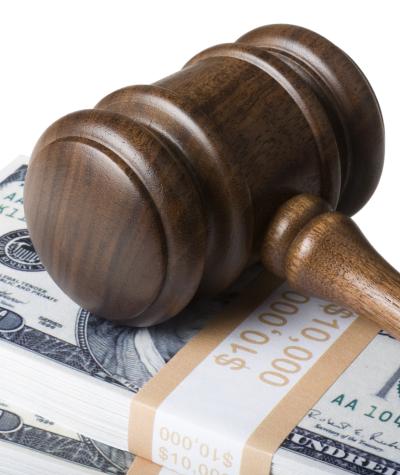Floyd Abrams’s “The Citizens United Disaster That Wasn’t” (op-ed, October 16) claims that the public record shows that corporations have been responsible for a “comparatively small” proportion of election spending since 2010, citing only contribution records for super PACs.
It is highly misleading to fail to mention the many doors Citizens United opened for corporate political spending, particularly via dark money groups like corporate trade associations and “social welfare” nonprofits. We know trade association (501(c)(6)) spending is corporate money because these by definition are groups of businesses, and they spent more than $129 million of election advertising money in the three federal election cycles (2012, 2014, and 2016) since Citizens United. Similarly, we know corporations give to politically active nonprofits (501(c)(4)s) precisely to avoid the shareholder and consumer problems that Abrams cites—and these nonprofits spent at least $521 million since Citizens United. Even these figures do not account for ads run far enough in advance of Election Day that fall just shy of expressly advocating for or against a particular candidate.
Finally, Abrams cites the small amount of corporate PAC dollars given to presidential candidates as evidence of corporate non-engagement in elections. But he ignores the huge corporate PAC contributions to congressional candidates, to whom these PACs gave 99 percent of their federal contributions in 2016. Controlled by the corporations which establish them, corporate PACs actually reported giving federal candidates over $180 million in 2016—more than 40 percent of PAC spending that year, and almost 200 times the deceptively low figure Abrams cites. So corporate spending since Citizens United is in reality a significant factor in federal elections.

